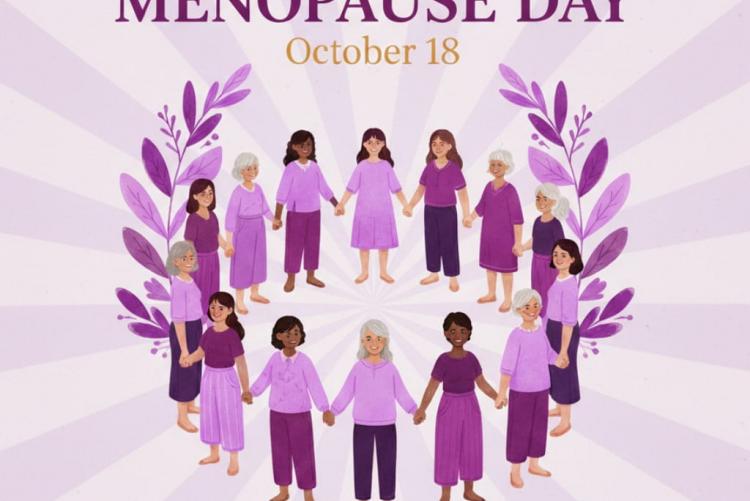On 18 October, we observed World Menopause Day — a global day dedicated to raising awareness about menopause and helping women understand the changes, challenges and opportunities that come with it.
At the KAVI-Institute of Clinical Research, we believe that menopause is not just an “end of something” but a natural life transition that deserves open, evidence-based conversation and support. According to the World Health Organization (WHO), most women experience menopause between the ages of 45 and 55, and the changes that accompany this phase can affect physical, emotional, mental and social well-being.
Why we’re dedicating the rest of October to this topic:
- Because for many women the menopausal transition remains surrounded by silence, stigma or misinformation, and that means many go through it without the knowledge or support they deserve.
- Because it’s an essential stage in a woman’s life that can impact long-term health, quality of life and daily functioning.
- Because by talking openly about symptoms, lifestyle choices, healthcare options and realistic expectations, we empower women (and those who care for them) to make informed decisions.
What to expect from us this month:
Over the coming weeks, we will share on our website and social media:
- Brief posts about what menopause is, the common signs and symptoms, and when to seek help.
- Educational pieces on how lifestyle factors (diet, physical activity, sleep, stress management) can make a difference in how this transition is experienced. This reflects the 2025 theme for World Menopause Day: Lifestyle Medicine in Menopausal Health
- Invitations for conversation, questions and resource sharing because we want this to be interactive, not just a broadcast.
A few key takeaway messages to keep in mind:
- Menopause is a normal biological phase, not a disease.
- Each woman’s experience is unique — there is no “one size fits all.”
- Good information and support matter. The more informed you are, the better positioned you are to manage symptoms, anticipate changes and maintain health.
- It’s okay to discuss it with friends, family, healthcare providers, employers and our community.
We invite you to follow this series with us, share your questions, or send us topics you’d like us to cover. Together, we can turn this month into a meaningful step toward better-informed, better-supported midlife health for women.
- Log in to post comments

